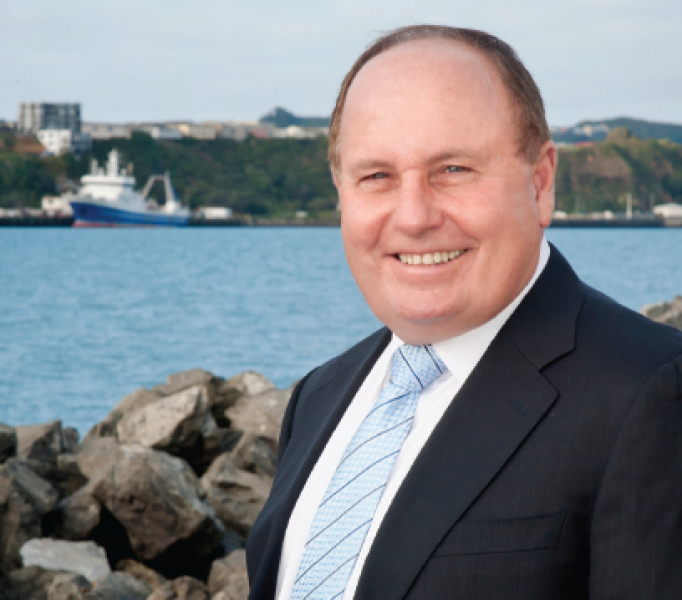It was 14 years ago that Tourism New Zealand (TNZ) launched its '100% Pure' marketing campaign in Queenstown. Images of majestic mountains, blue skies, green fields and sparkling waters were matched with imploring stanzas from Crowded House’s “Don’t Dream It’s Over”.
TNZ says '100% Pure' boosted visitor numbers by 50 per cent in a decade, and in 2005, the clean green brand was reckoned to be worth $20.7 billion a year.
Over the same 14 years, New Zealand has begun to realise the fullness of its natural wealth; that it can generate more revenue from above and beneath the land, and more from the sea and fresh water.
New Zealanders have started dreaming about something else: doing far more with natural resources than modestly inviting people to pay to look at them.
It’s no dream to consider that our resources, our wherewithal to use them, and our lifestyle in a clean and green country, mean we could be known as 'the luckiest country’.
The Government’s Economic Growth Agenda calls for agricultural export revenues to earn 40 per cent of GDP by 2025 – which means that the value of production needs to treble. It is also encouraging exploration of our oil, gas and minerals.
The question is: how do we capitalise on that natural capital without destroying it?
The answer is something that science can help with.
Recognising the role of science in future development, the Government has just launched the National Science Challenges initiative. This has identified a shortlist of intractable issues which need priority attention. The $133.5 million programme will “seek answers to questions of national significance by focusing scientific effort and providing additional focus on key areas”.
NIWA is working on at least five of the issues which have since been listed as research priorities. These are New Zealand’s biological heritage, our land and water, life in a changing ocean, the deep south, and resilience to nature’s changes.
The Challenges project recognises that we are, above all, a ward of Nature: the country’s economy stands or falls on the integrity of the environmental systems – water, energy, ecosystem services, nutrient and energy cycles – that sustain it.
Which comes down to accurate information, and innovative solutions. Environmental monitoring has always been crucial to good resource management, but if the rate of development threatens the capacity of natural systems to adapt, we must be critically sensitive to signals they are sending. These signals include challenges with air quality, fresh water – both quantity and quality – biodiversity loss, and high per capita greenhouse gas emissions.
High farm values and increasing competition for water mean our commercial advantage is eroding: by 2016, low-cost dairy producers – in China and South America for example – may well have undercut us. It’s time, said a 2010 report by KPMG partner Ian Proudfoot, to start shifting to high-value niche commodities, backed by a demonstrable commitment to environmental responsibility.
The dilemma, then, is how our economic development ambitions might be realised without damaging the environment. Throughout industry and agriculture – and even in their markets – there are many who believe that we are smart enough to make money from resources, while we keep the environment healthy. In these pages, some of NIWA’s Chief Scientists talk about the big issues around their respective beats – fresh water, climate, oceans, fisheries, natural hazards – and the ways we might address them, while responsibly charting our path to economic recovery across the natural landscape.
With more than a collective century of experience in environmental research, these scientists grapple every day with the balancing act that is modern-day resource management.
Every day their science helps the nation make decisions about economic use of scarce resources that the nation also wants to keep ‘100% Pure’.
Becoming the luckiest country isn’t something that can be left to chance.
John Morgan
Chief Executive, NIWA

